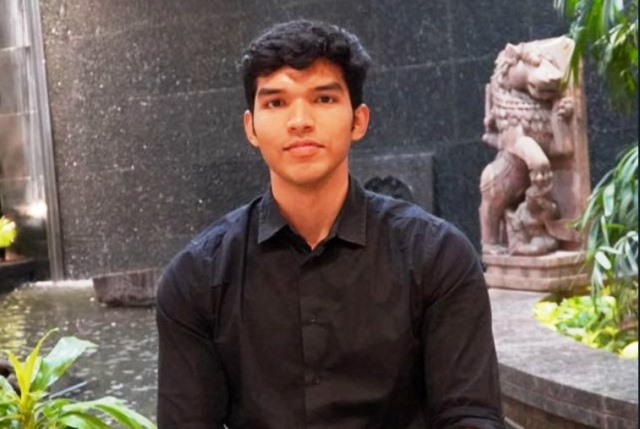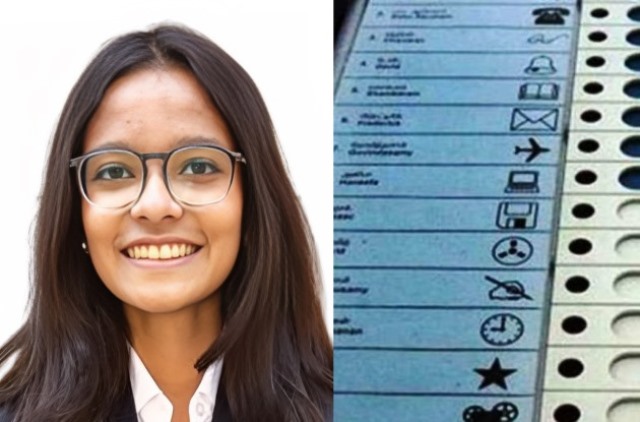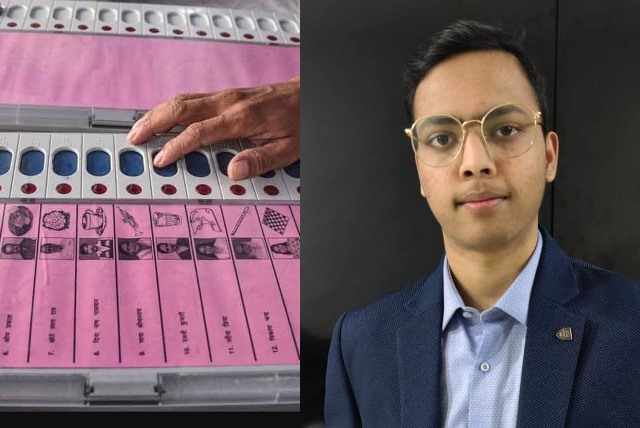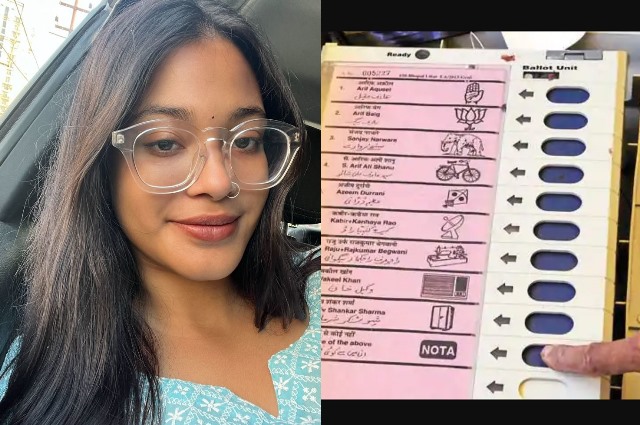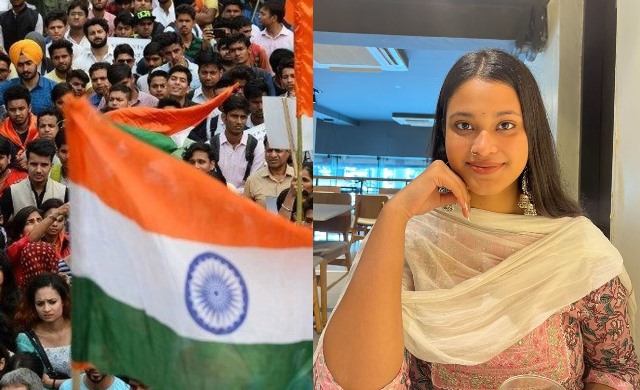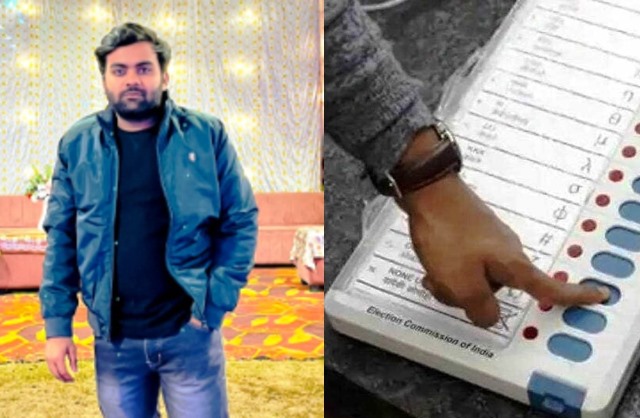Pranshuman Singh Bhouriyal, a Delhi citizen, shares his priorities and hopes before casting his vote for the first time. His views:
As a first-time voter in Delhi, I feel both excited and nervous about taking part in the democratic exercise this year for the Assembly elections. This is my first step into shaping the city’s future—a moment I’ve been waiting for since I turned 18. As the day approaches, I realize how tough it is to decide on who truly deserves my vote. With three major parties in the race, and each one of them making promises that sound good on paper, the responsibility feels heavier than I expected.
I’m not looking for flashy speeches or over-the-top campaigns. I want someone who gets what people like me—students and young professionals—actually care about. For me, education and jobs are at the top of the wish-list. Sure, Delhi’s schools have improved a lot, and I appreciate that. But what happens after school? Are there enough jobs? Will the youngsters have the skills to stand out? I need a leader who has a concrete plan to address this and doesn’t just leave young people hanging.
Then there’s pollution. Growing up in Delhi means knowing what it’s like to breathe in smog every winter. It’s not normal to check the air quality index every morning before stepping out. It’s scary. Breathing clean air shouldn’t feel like a privilege. I don’t just want promises about planting trees. I want real action—policies that control emissions, manage waste better, and promote clean energy. I want to live in a city where I don’t have to worry about the long-term impact of just stepping outside.
ALSO READ: ‘Atishi Is Promising, But Needs A Clear Vision For Delhi’
Safety is another issue that’s hard to ignore, especially when I see how uneasy women in my family and friend circle feel walking alone at night. While better-lit streets and more CCTV cameras help, I know it’s not enough. As a young man, I feel it’s also about changing the culture—building respect, accountability, and trust so that everyone feels secure. A leader who takes safety seriously, beyond just ticking boxes, will definitely catch my attention.
For me, voting isn’t just about promises; it’s about trust. This is my first vote, and I don’t want to waste it on someone who’s all talk and no action. I’ve been reading about the candidates, talking to friends, and trying to figure out who I can count on. Integrity matters. I want someone who means what they say and doesn’t get lost in political games.
I also think about public transport. Like most of my friends, I rely on buses and the metro. The metro is great, but there’s still so much room to improve last-mile connectivity. I want affordable, reliable transport that doesn’t leave anyone stranded.
For me, this vote feels deeply personal. It’s not just about choosing a candidate; it’s about the kind of city I want to live in. Delhi is home, and I want it to be a place where everyone—regardless of age, gender, or background—can thrive.
As I walk into the polling booth for the first time, I know I’m carrying a lot of hopes and expectations with me. This is more than a vote—it’s my chance to help create the Delhi I dream of.
As told to Deepti Sharma
